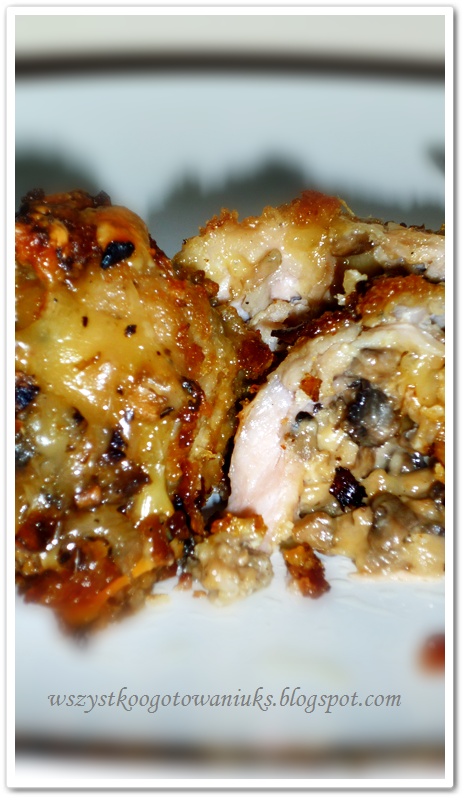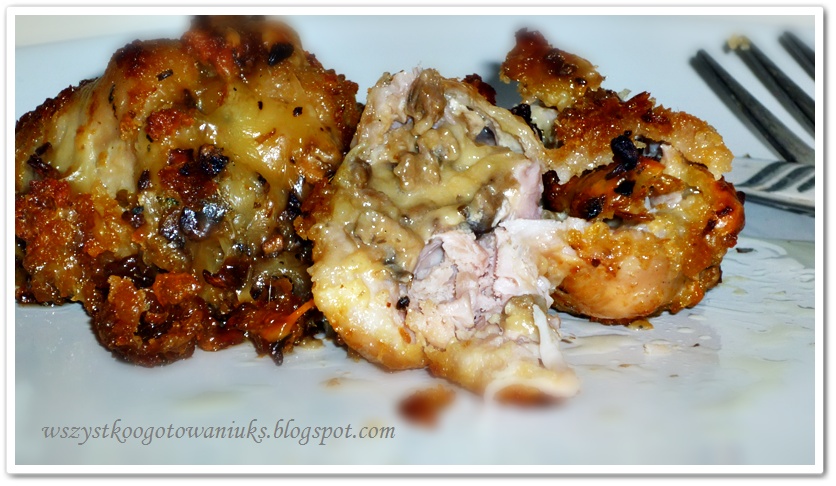Chinese Cuisine and German Wine - A Good Match?
Chinese Cuisine and German Wine - A Good Match?
By Sebastian Kuehn
Chinese Cuisine
The typical Chinese dishes consist of meat or other animal products, like fish or egg, which are accompanied by rice and green vegetables. Nowadays, the Chinese cooking styles can be found almost everywhere in the world, though the original cooking techniques can differ a lot between the different regions in China. Even the styles between two regional neighbors can be so distinctive that they taste completely alien. The diversity of the cuisine developed during the long history of China and were influenced by its dynasties. The delights of the Chinese cuisine are at least since the Qing Dynasty (1644 - 1911) an inherent part of the Chinese culture.
Due to the geographical and climatic differences as well as the diversity in costumes, life styles and available products, the typical known "Eight Regional Cuisines of China" evolved. They are unique in their features and flavors and namely the following:
- Shandong (Lu) Cuisine: popular for a variety of seafood (sweet and sour carp, braised abalone and trepang), soups, offal and meat (Jiuzhuan Dachang and Dezhou Chicken)
- Guangdong (Yue) Cuisine: origin for the Cantonese food and special for fried, baked and steamed dishes, such as Chrysanthemum Fish, Braised Snake Porridge or Roast suckling pig
- Sichuan (Chuan) Cuisine: famous for bold and spicy flavors from garlic, chili peppers or the Sichuan peppercorn and ingredients like peanuts, sesame and ginger, famous dishes: Stir-fried Tofu with Minced Beef, Gong Bao Ji Ding (chicken) and Lamp-shadow Beef
- Hunan (Xiang) Cuisine: well-known for really hot flavors and a fresh aroma, prepared with cooking techniques of stewing, frying, pot-roasting, braising, and smoking, famous dishes are Stewed Fins, fried fresh Cabbage with Chestnuts and the Dong Anzi Chicken
- Jiangsu (Su) Cuisine: the typical dishes for the region at the lower Yangtze River are braised or stewed, most famous is the Jinling salted dried Duck and the Triple Combo Duck
- Zhejiang (Zhe) Cuisine: popular for less greasy but fresh and soft flavored dishes, for example the West-lake braised Fish in Vinegar or cooked Shelled Shrimps
- Fujian (Min) Cuisine: the coastal region is known for its delicious seafood and special slicing techniques which enhance the aroma of the dishes, such as the fried Golden Bamboo Shoot with Chicken Mince
- Anhui (Hui) Cuisine: emphasizes on local vegetables (bamboo and mushroom crops) and herbs, famous courses are the Fuliji Grilled Chicken and Braised Turtle with Ham
These eight traditional cuisines are only the most known ones but there are more great food styles in China which can be found in the Beijing, Dongbei or Shanghainese Cuisine. One fact is for sure: Wherever you are in China, you always have a huge selection of superb food.
German Wines
Germany has a good reputation with international wine experts for their aromatically pure white wines, especially for the Riesling with its fruity and elegant flavor. Even if Germany is better known as a country for white wines, nowadays the red grape varieties, like the Spatburgunder (Pinot Noir), are covering a third of the German vineyards.
Wine production in Germany varies and comes in styles of dry, semi-sweet and sweet white wines, rose wines, red wines and sparkling wines. Most wines are made in the dry style, though a large share of the exported wines is sweet. Special features are given due to the northerly location, which is responsible for the unlike and outstanding quality of some of the German wines. Probably the most distinctive characteristic of German wine is the high level of acidity, which is caused by the lesser ripeness of the grapes.
So, do German Wines match with the Chinese Cuisine...
Are German Wines and Chinese Food compatible?
A lot of wine enthusiasts emphasize the good match of Chinese dishes and German wines. Especially the famous fresh and fruity Riesling balances with spicy Chinese dishes. For example, David Rosengarten mentioned in an Article the perfect Pairing of Chinese Cuisine and the German Riesling.
Lately, the German Wine Institute held a presentation about Pairings of German Wine and Chinese Food at the SIAL 2012 in Shanghai. Explanations were given about the Sensory Interaction of flavors and tastes which are compound in food and wine and the coordination of these flavors. They concluded that rich and spicy food should be accompanied by dry Wines like the Pinot Noir, whereby rich and discrete food better goes with a dry Silvaner. The German Wine Institute also offers an excellent Application on their Website, which helps to find ideal Food and Wine Pairings.
To highlight the compatibility of German wine and Asian food, the award-winning author and wine-critic Jeannie Cho Lee published in collaboration with the German Wine Institute a new 52-page booklet on pairing German Wines with eight different Asian cuisines: "Perfect Pairings: German Wines and Asian Flavours". A revealing Interview from Studio 4 host Fanny Kiefer with Jeannie Cho Lee about her new Book and German Wines can be seen here.
In general, it can be said that wines, which are able to match with Chinese food, need to have a certain level of acidity and versatility to serve the many different cooking styles. The majority of the exported German wines are having this refreshing character with a firm acidity, which can add value to even strong and pungent meals. Due to their versatility, German Wines are able to stand up much better than other wines to intense Chinese flavors and ingredients.
So, which German Wines match which Chinese Dishes...
Chinese Food and German Wine Pairings
There are some facts which have to be considered in order to make a good pairing between wine and food. The recipe has to be viewed concerning the way of its preparation, the fat content, the digestibility and its intensity in aroma and flavor. On the other hand we have to take a look at the wine and its main features, including its grape and origin characteristics, quality features, the wine style, its maturity and the level of alcohol, sweetness and acidity.
For a standard Chinese banquet is a dedicate German Spatburgunder (Pinot Noir) and a dry Riesling a safe choice. To balance the flavors of white meat dishes, a Riesling with sufficient aroma, body and weight should be chosen (e.g. Riesling Kabinett). The red Pinot Noir will pair the heavier dishes like Beijing duck or roast suckling pig. Offering both wines from the beginning of the meal makes sure that different preferences can be satisfied.
Complementary for a seafood-based Cantonese meal is a dry Riesling, Pinot Blanc or a Silvaner from Franconia (e.g. Silvaner Spatlese). When adding seasoning, such as black bean sauce, light to medium-bodied German red wines can complete the meal. Another option for steamed seafood dishes with delicate and light flavors are German Sparkling Wines (e.g. Secco Juventa White).
When it comes to less gentle flavors, caused by chili or black bean sauce, the perfect wine is an intense Spatburgunder from a ripe vintage, which is able to balance the strong flavors (e.g. Spatburgunder dry). For roast meat dishes (duck, goose or pork) which are often served with a sweet soy sauce you should look for a full bodied German red wine like Portugieser or Dornfelder (e.g. Portugieser Feinherb).
Of course, the perfect pairing also depends to a certain degree on personal preferences. Therefore everyone has to find his or her own match when it comes to food and wine pairings. German wines are generally very versatile and due to their rather firm acidity suitable for the Chinese cuisine. It only remains for me to wish you good luck with finding your perfect match and I would be delighted to hear about your experiences with Chinese - German Pairings.
To gain more knowledge about the rich German Wine Culture visit the Vinhill Wine Blog. You will find constantly published articles about German Wine Regions, Food & Wine Pairings, Grapes and much more. A visit will definitely pay off for Wine Enthusiasts.
Article Source: http://EzineArticles.com/?expert=Sebastian_Kuehn
http://EzineArticles.com/?Chinese-Cuisine-and-German-Wine---A-Good-Match?&id=7089351


